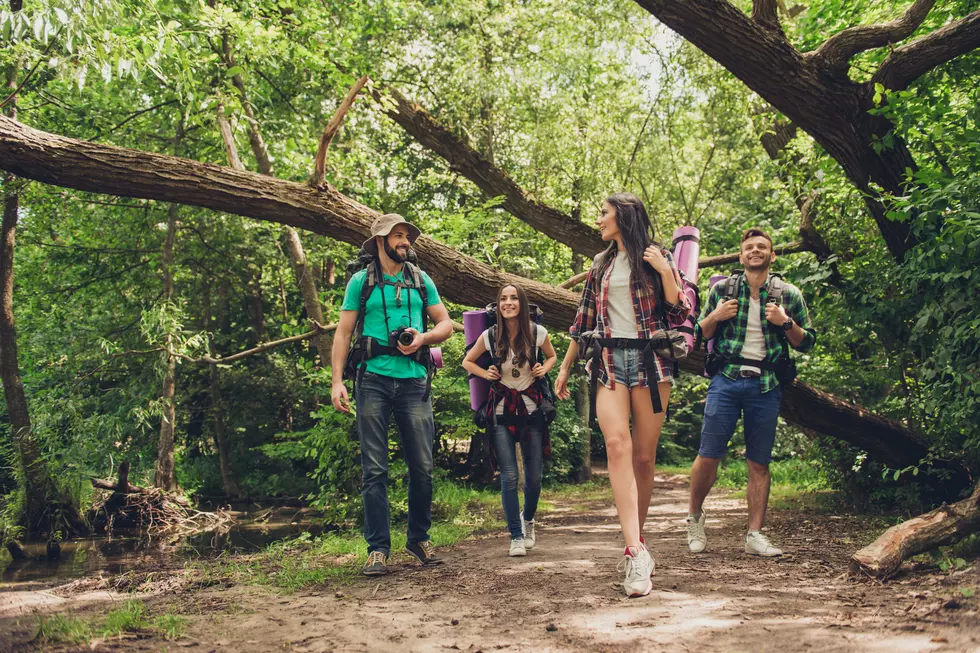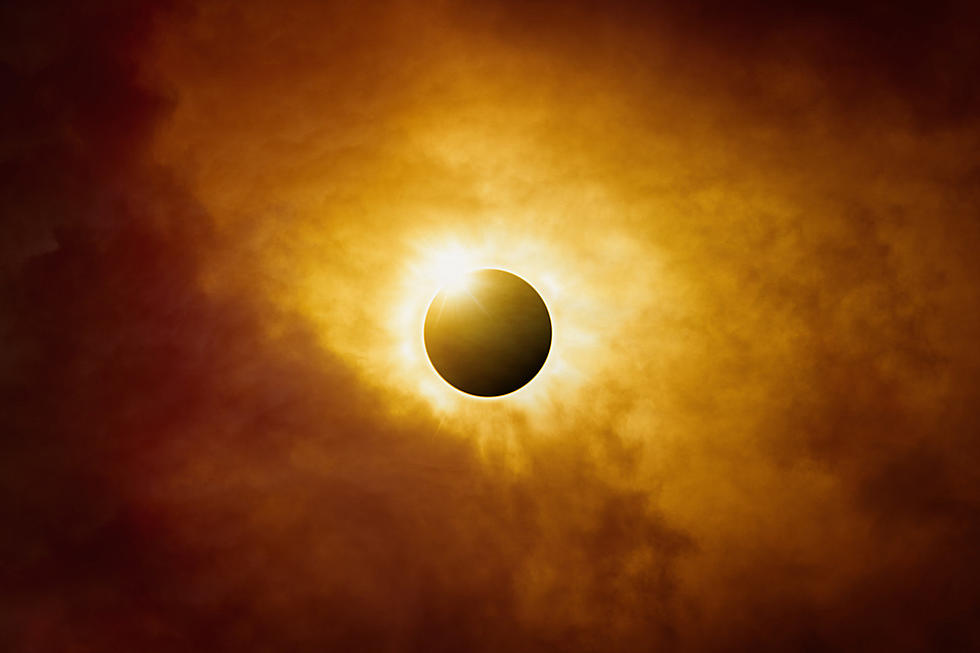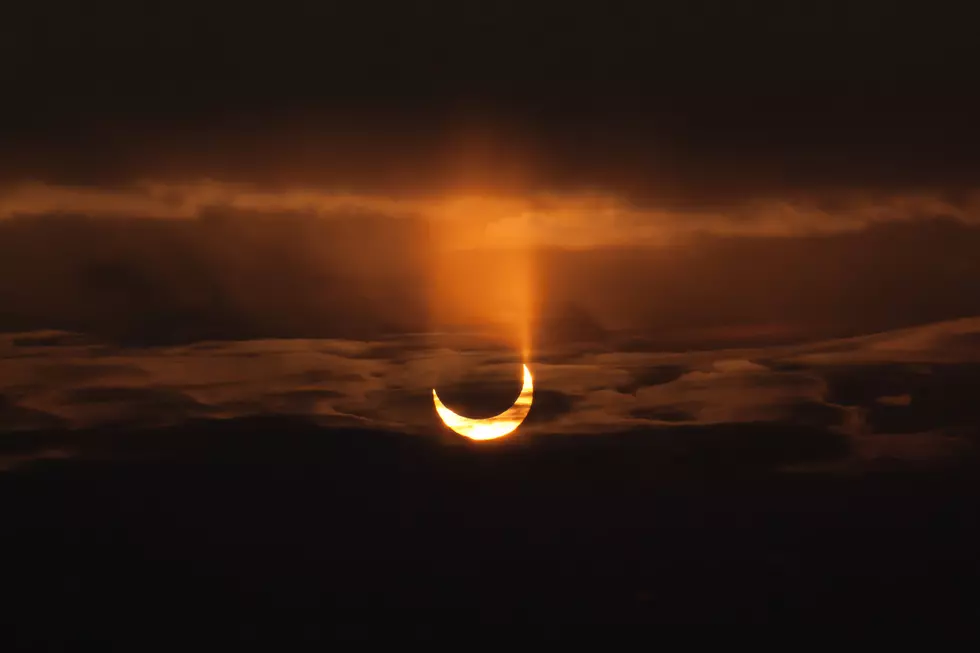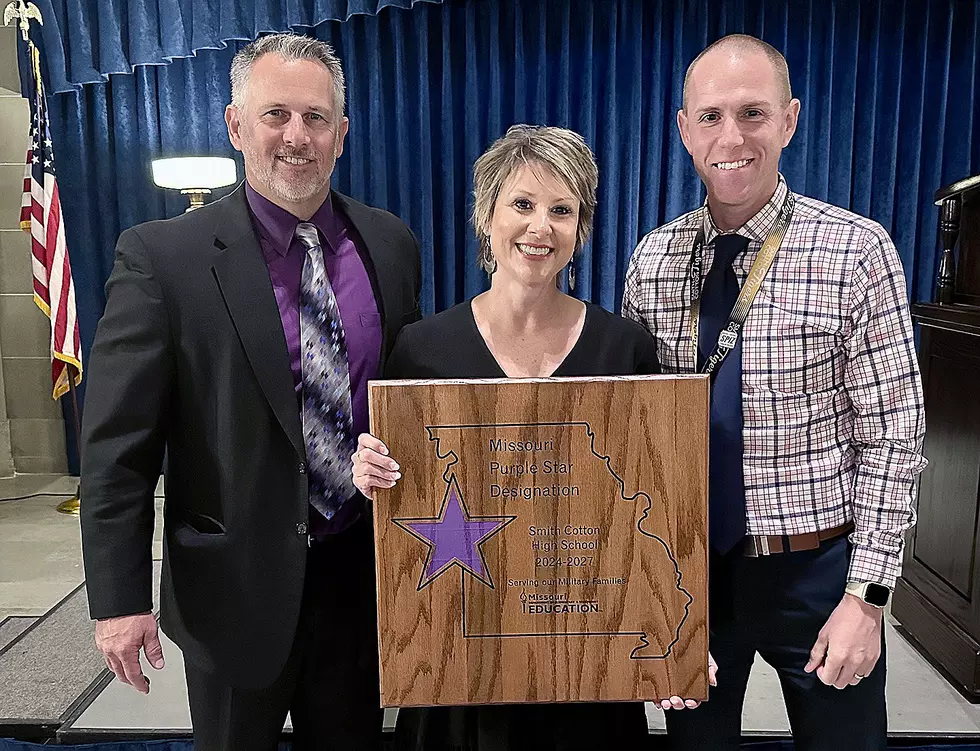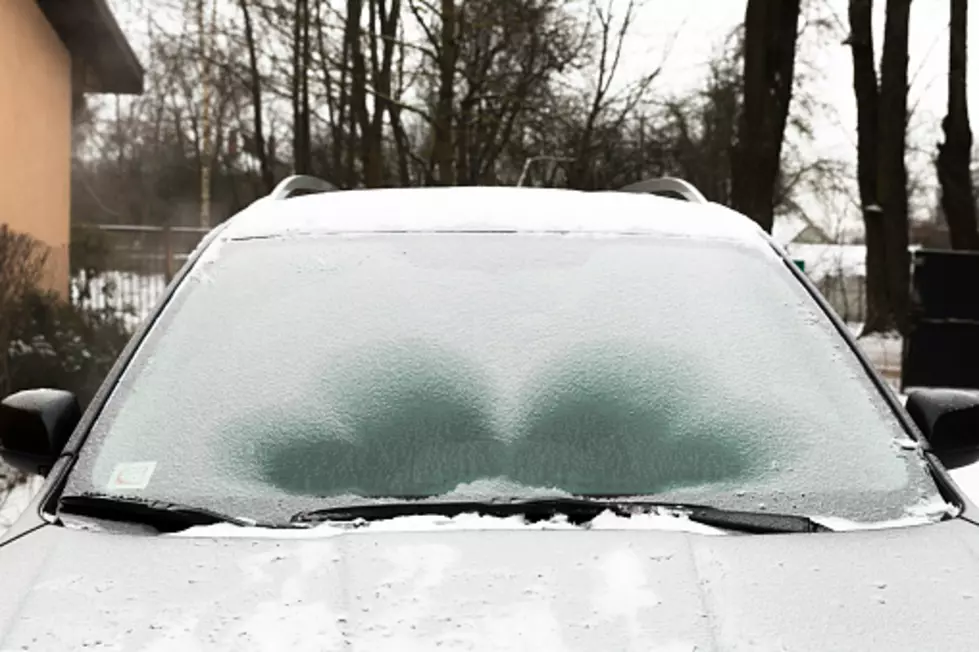
In Missouri Is It Legal To Warm Your Car If You Aren’t In It?
Yesterday was the first day this fall/winter that I had to turn the defroster on, in my vehicle. We know that eventually winter will be here and we will have to deal with it. Where I live, I am at the mercy of the elements.
No garage for me, so I have to hope my car doesn't get too cold and will start every morning. I have heard the saying, "Warm your car on the highway, not in the driveway". So I started to think, am I allowed to warm my vehicle if I am not in it? Can I go back into my place, let the car warm up for a bit, and then come out a few minutes later?

I do not have an automatic starter on my vehicle. It is too old. Yep, good old fashion key. It doesn't warm up reasonably quickly for a 4-cylinder. But a fair amount of the residents in my area, park on the street, as opposed to in our parking lot. This is key. If you have a remote starter, you don't have to be in the vehicle to start it and begin to warm it.
If you want your vehicle to idle on the street in Missouri, that is actually illegal. Can't leave a running car unattended. You could get a ticket. If you must, give it 30 seconds, and then drive somewhere. Your car will actually warm up faster if the vehicle is moving. Bundle up. Why should you do this? Popular Mechanics advises that the process of warming up your car “does not prolong the life of your engine; in fact, it decreases it by stripping oil away from the engine’s cylinders and pistons.”
Now if you have a driveway, or parking lot, you should be fine, but if you are parking on the street, put on your gloves, winter hat, heavy coat, make sure your vehicle has at least half a tank of gas, and if it turns over, give it about 30 seconds, then drive to your destination. As for the driveway or parking lot, my hunch is that no policeman is going to drive around looking for abandoned running cars in parking lots to ticket.
But don't tempt fate. Just bundle up and give it a go. You car will thank you.
LOOK: The most extreme temperatures in the history of every state
More From AM 1050 KSIS
